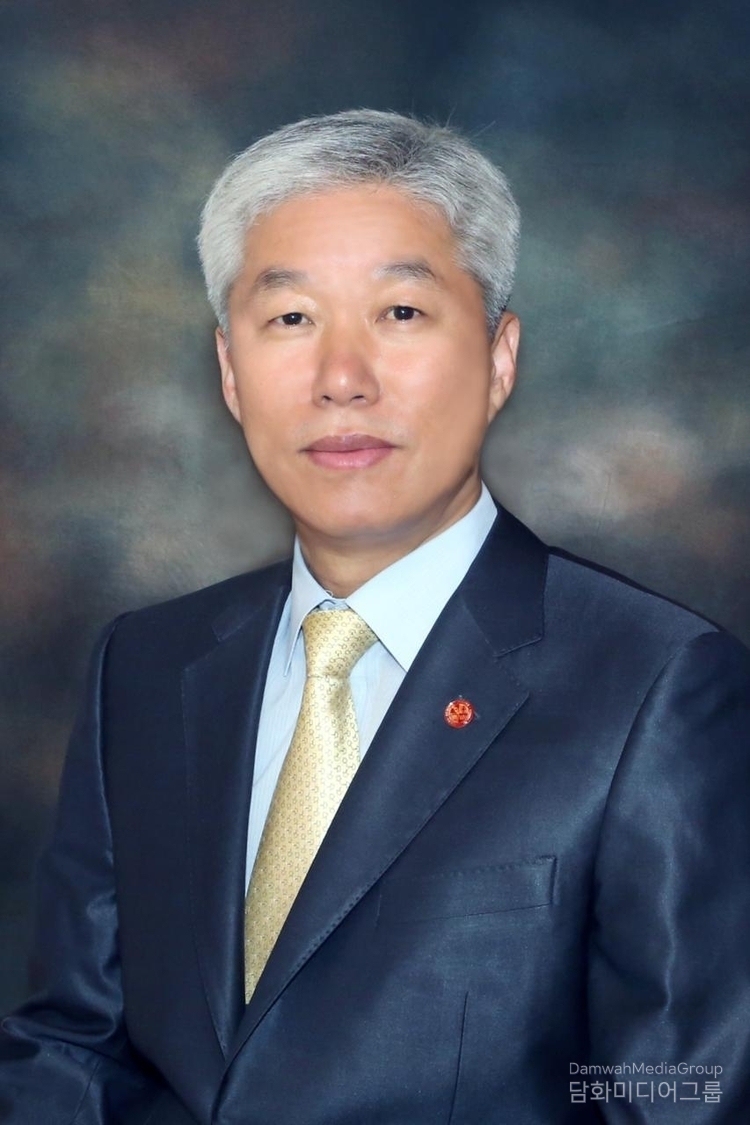By UN Journal Lee Jon-young
This year marks the 80th anniversary of liberation, a deeply meaningful occasion. Over the past eight decades, the Republic of Korea overcame poverty through industrialization and transcended authoritarianism through democratization.
These two pillars have been recorded as the ‘century of the nation’ and the ‘century of the people’. Yet today, we stand before a new question: “What should the Republic of Korea strive for in the future?”

The national vision set forth by the Lee Jae-myung administration is clear: “A nation where the people are the masters, the Republic of Korea where we are all happy together.” This is not merely a political slogan. It is a pledge to realize the people's sovereignty, as stated in Article 1 of the Constitution, and the people's right to happiness, as stipulated in Article 10, as the substantive vision for national governance. In other words, the essence of the spirit of our times is to make the nation promised by the Constitution a reality.
The principles of the new national governance can be summarized in three points: listening and integration, fairness and trust, pragmatism and results. Listening means respecting differing opinions and heeding the people's voices. Integration is the process of overcoming division and embracing diversity. Fairness is the foundation of justice, guaranteeing equal opportunity for all citizens. Trust is the social capital that binds the people and the government. Practicality is the methodology for solving real-world problems, and results are the tangible outcomes of change felt by the people.
Among these, fairness deserves the most attention. If growth was the central theme of the industrialization era, and freedom was that of the democratization era, fairness is undoubtedly the central theme of the era of national happiness. Fairness is the foundation that sustains trust in politics and administration, and it is the yardstick of justice that the people feel. When fairness collapses, the people lose hope, and society divides. However, when fairness is upheld, the people dream of the future again, and the nation regains trust.
The Lee Jae-myung administration has presented five national policy goals.
First, politics that unites the people. This is a promise to restore constitutional order, strengthen the foundation of democracy, and achieve national unity.
Second, an innovation economy that leads the world. This is a commitment to foster new industries like artificial intelligence, energy, bio, and cultural industries, innovate existing industries, and open new paths in the global market.
Third, balanced growth where everyone prospers. The goal is to resolve inequalities between the capital region and local areas, large corporations and SMEs, generations and social classes, sharing fair opportunities.
Fourth, a society with solid foundations. The state guarantees the basics of life—housing, healthcare, education, and care—to build a society where citizens can feel secure.
Fifth, foreign affairs and security centered on national interests. This reflects the resolve to pursue both peace on the Korean Peninsula and global prosperity through international cooperation.
These five national goals ultimately converge toward one destination: a nation where the people are the masters, a Republic of Korea where all share in happiness. On this path, the most crucial value is fairness. Fairness is not merely a system; it is a spirit. It is the fundamental principle that builds social trust beyond institutional justice.
Over the past 80 years, the Republic of Korea has achieved the ‘miracle of industrialization’ and the ‘achievement of democratization’. Now, the next 80 years must advance toward an ‘era of national happiness’. A fair Republic of Korea that all citizens can feel, a nation where the people are the masters. This is the promise we must keep from where we stand today, and the task of our time that we must pass on to future generations.




